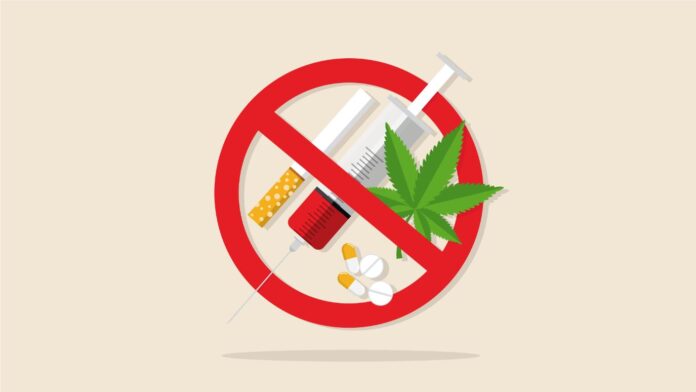Synergy is the Key to Eradicating Drugs
By: Mohamad Jasin)*
Eradicating drugs in Indonesia requires a comprehensive and collaborative approach. The increasingly complex drug problem cannot be solved by the efforts of one party or institution alone. Instead, synergy between the government, law enforcement officers, the community, and various related agencies is the main key to creating significant change. Success in overcoming drug abuse depends on how effectively this collaboration is carried out, with a primary focus on prevention, prosecution, and rehabilitation.
However, prevention alone is not enough. Firm and systematic law enforcement must also be a top priority. Here, synergy between the police, the National Narcotics Agency (BNN), and other related agencies is needed.
Deputy for Eradication of the BNN RI, Sugiri said that one of our biggest challenges is the distribution of narcotics across countries, especially from the Golden Triangle region (Thailand, Myanmar, and Laos). The distribution of narcotics across countries is indeed a serious threat that not only affects public health, but also damages the next generation of the nation. Therefore, the cooperation between the National Narcotics Agency (BNN) and the Directorate General of Railways of the Ministry of Transportation to create a safe and drug-free transportation environment is a strategic step that deserves appreciation.
This cooperation is also very relevant considering the drug trafficking routes originating from the Golden Triangle area which does have a very strong international network. Drugs smuggled via land routes, including trains, are a challenge for law enforcement officers. In facing these challenges, cross-sector collaboration is a must. This is where the role of the BNN and the Directorate General of Railways is very important. With the involvement of the transportation sector, control over drug trafficking can be carried out more effectively, and the potential for abuse on trains can be minimized.
On the other hand, strengthening the law through revision or updating of regulations is also no less important. Stricter regulations regarding punishment for perpetrators of drug abuse and dealers need to be adjusted to the times, in order to provide a more maximum deterrent effect. Synergy between legislative and executive institutions in this case will greatly determine the smoothness of drug eradication efforts throughout Indonesia.
Coordinator of Criminal Investigation of the East Java High Prosecutor’s Office, Evelin Nur Agusta emphasized the importance of collaboration between agencies in efforts to eradicate drugs. She invited all parties to jointly contribute to creating a healthy and safe environment for the younger generation, as well as supporting policies that underlie the transformation of law enforcement in overcoming drug crimes.
Drug eradication cannot be done by one institution or agency alone. The impact of drug trafficking is very complex, involving various aspects ranging from health, social, to economic. Therefore, it is important for law enforcement agencies, such as the police, prosecutors, BNN, and other related institutions, to work together synergistically. The synergy in question is not only in terms of coordinating legal actions, but also in terms of policy formation, prevention, and rehabilitation of drug victims. In this case, coordination between legal institutions is not only important, but also very crucial so that every aspect of drug control can be carried out more effectively and integrated.
The success of drug eradication also depends heavily on community participation. Without active community participation in monitoring and reporting drug crimes around them, eradication efforts will not be optimal. The community must have a collective awareness of the importance of creating a drug-free environment, as well as playing a role in supporting existing policies.
Head of the National Narcotics Agency of the Republic of Indonesia (BNN RI) Commissioner General (Komjen) Pol. Marthinus Hukom assessed that preventing drug use is better than eradication because it builds self-control in the community. Often, in efforts to eradicate drugs, the main focus is on arresting drug dealers or abusers, as well as breaking up their distribution networks. However, Marthinus reminded that preventive measures in this case, building public awareness to refrain from drug use is a much more important foundation for creating long-term change in the social life of the community.
Prevention is not only an effort to educate the public about the dangers of drugs, but also to form a strong mindset and self-control at the individual level. In this context, building awareness in the community is a very important step. Because, although drug eradication can overcome most of the problems caused by drug trafficking, if public awareness is not well developed, these efforts will be in vain. A country may be successful in catching drug dealers and users, but if its people do not have the awareness to avoid drugs, then drug trafficking will continue to grow.
With strong synergy between all parties, drug eradication is no longer just an ideal, but can become a reality. Integrated and sustainable efforts will create a healthier environment free from drug trafficking, which in turn will support better national development. Because, drug eradication is not only the responsibility of one party, but is a shared task that must be carried out with a spirit of togetherness and high commitment.
)* The author is a Social Empowerment Consultant – National Welfare Center
